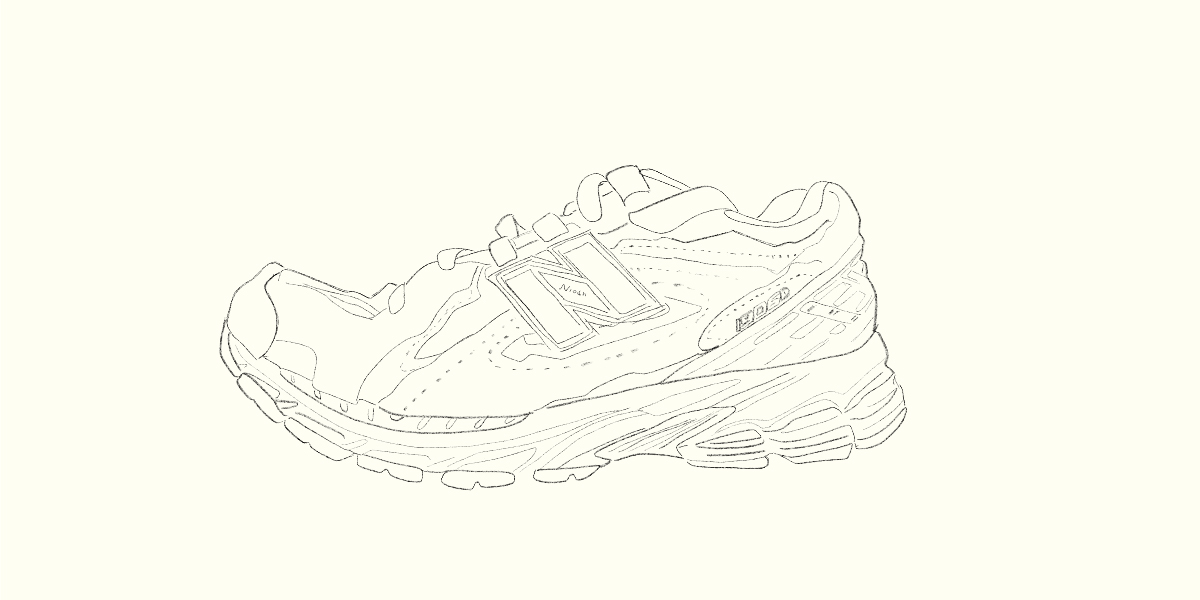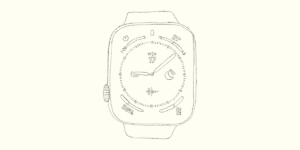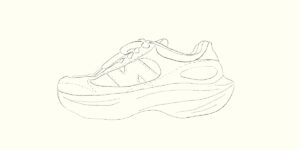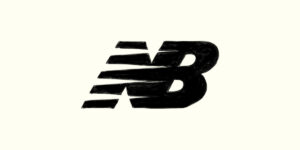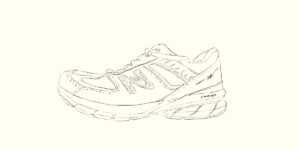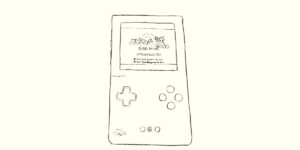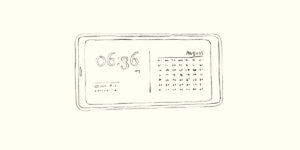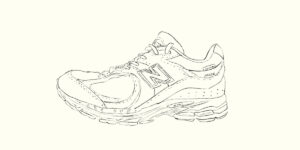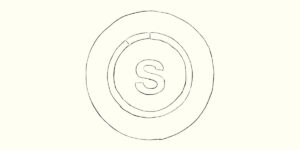Introduction
This article is the New Balance 1906 review, based on my honest impressions after wearing them for three years.
Review Premise
This review is ultimately about one thing—comfort.
I often walk more than 20,000 steps a day for work. If my shoes can’t handle that load, the soles of my feet start to hurt and the fatigue builds up fast. That’s why comfort is the number-one factor when I choose a pair of shoes.
Everything I write here comes from long-term, real-world use. These are not guesses or first impressions—they’re observations based on actually wearing the shoes over time.
When choosing footwear, I focus on three key points:
If even one of these is missing, walking 20,000 steps a day becomes almost impossible.
Cushioning
Essential for reducing stress on the feet and knees.
Responsiveness
Important for smooth walking. It converts impact into forward momentum, which makes a big difference over long distances.
Stability
Crucial for reducing wasted energy. For example, if the heel support is weak, you end up using unnecessary effort with every step.
I’ll also compare this pair with other New Balance models I’ve actually worn in the past.
Here are the models I’ve used previously.
• CM996
• M2040 V1
• M998
• WR993
• MR993
• M990 V5
• 2002R
• M990V3
• 991v2
• 990v6
What is the New Balance 1906?
The “1906” is a high-performance running shoe that represents the spirit of the 2000s, named after the founding year of the New Balance brand. Originally released in 2009, it was once discontinued but made a comeback in 2022 as the “1906R.” The revived model retains the iconic upper design while updating the sole with modern technology.
Appearance After Three Years

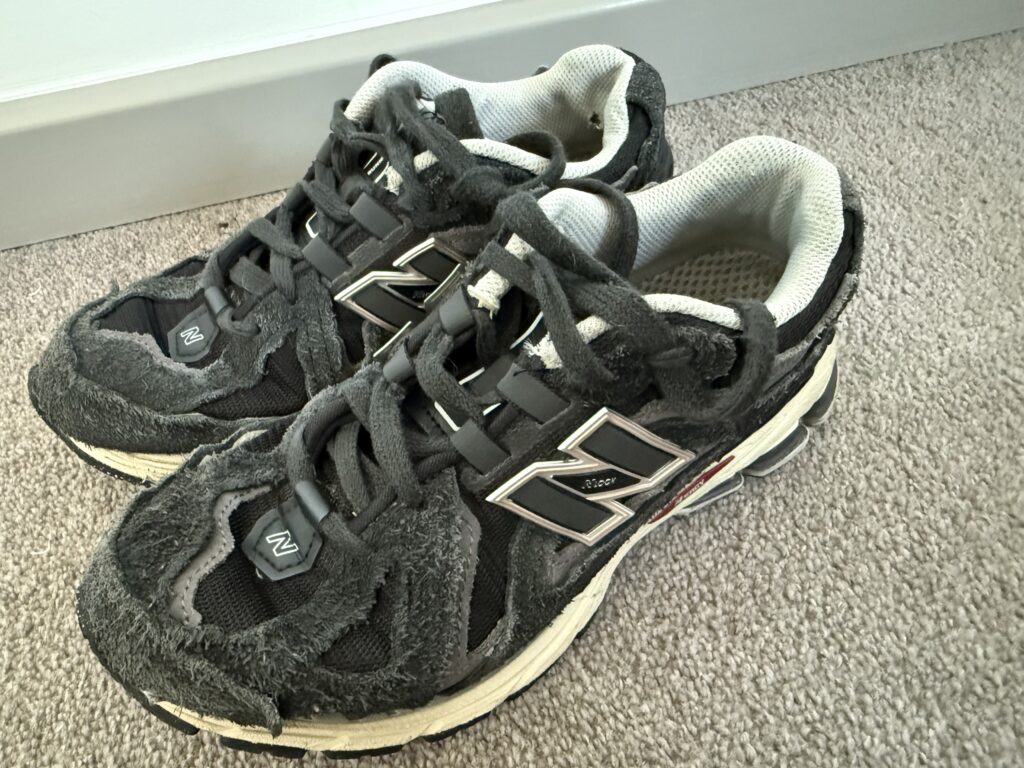

Features of the New Balance 1906
N-LOCK
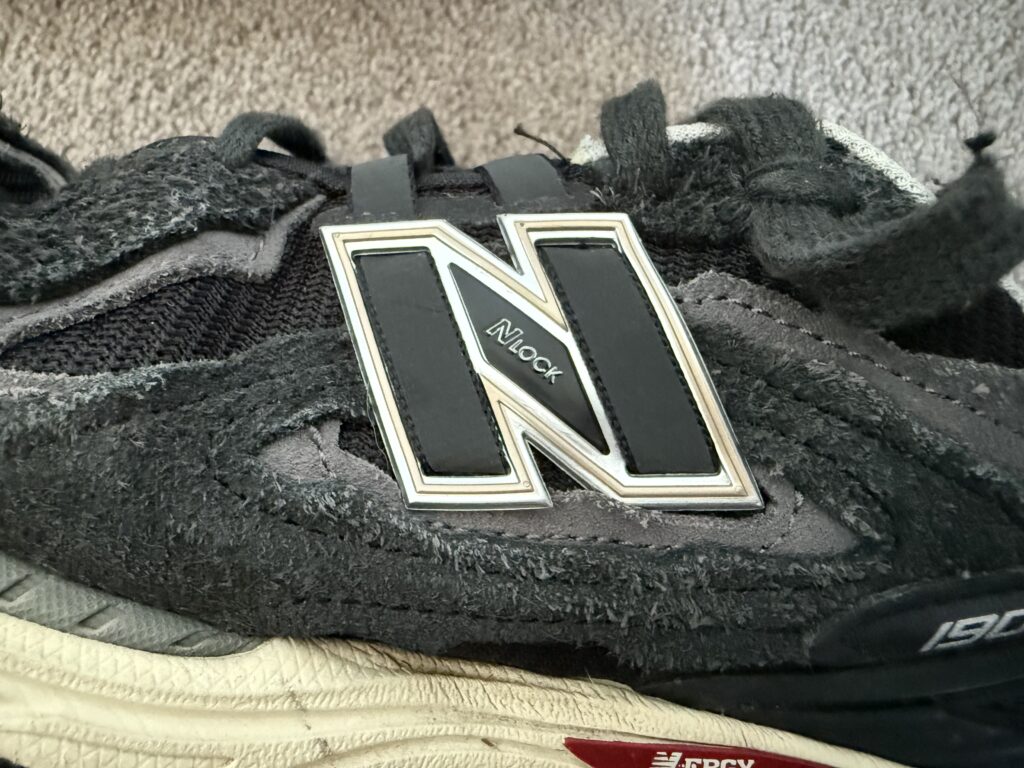
The “N” logo isn’t just for looks—it’s connected to the laces and functions as a pull-up support system. When you tighten the laces, the sides of the shoe lift to wrap your foot snugly for a secure fit.
STABILITY WEB
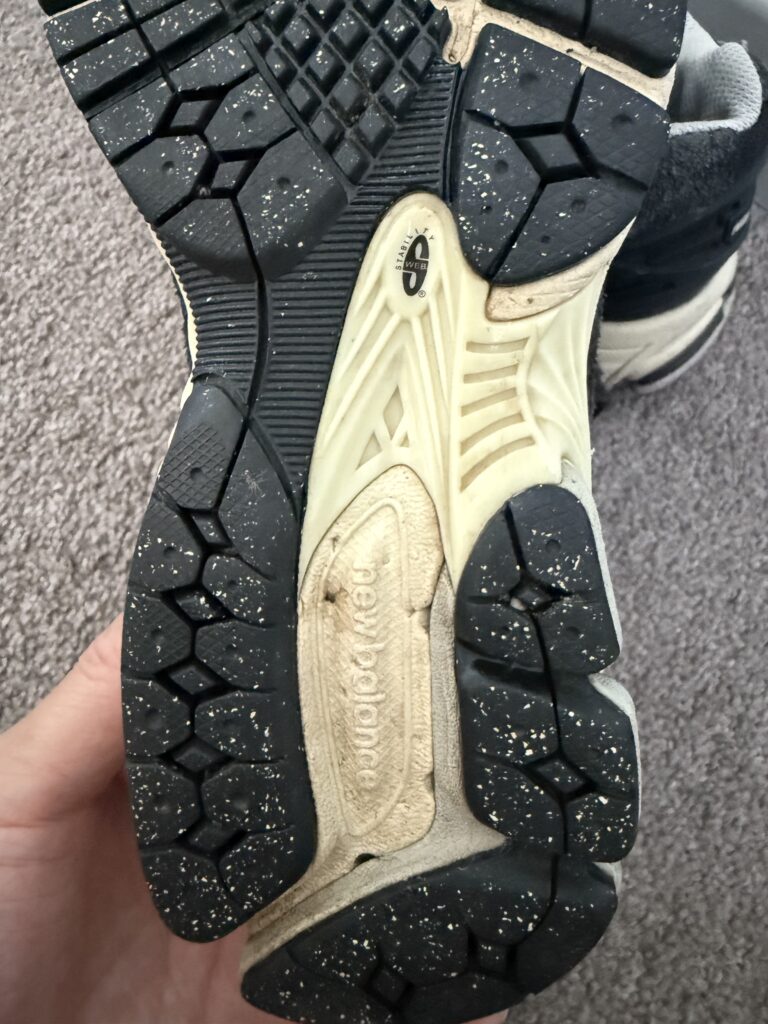
Supports the arch in the midfoot area, helping reduce fatigue even during long wear.
Midsole
N-ERGY
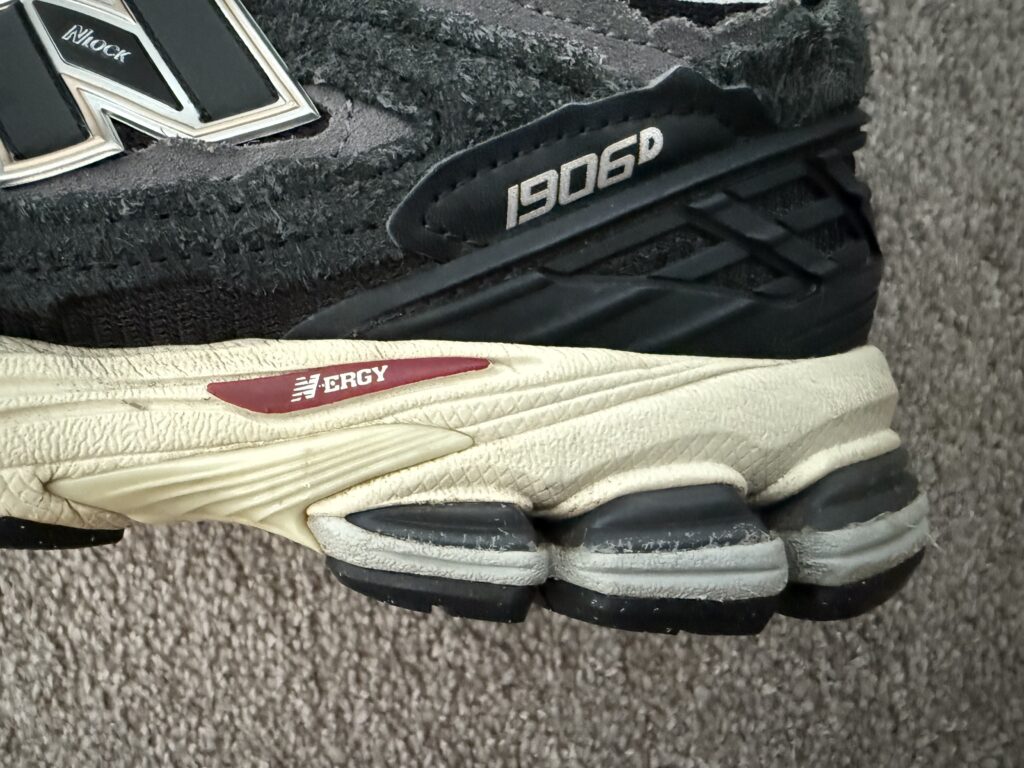
A highly responsive cushioning material that offers excellent shock absorption and energy return.
ABZORB
A premium cushioning compound that absorbs nearly 100% of impact.
ACTEVA LITE
A lightweight, durable foam that balances cushioning, resilience, and comfort.
Outsole
N-DURANCE
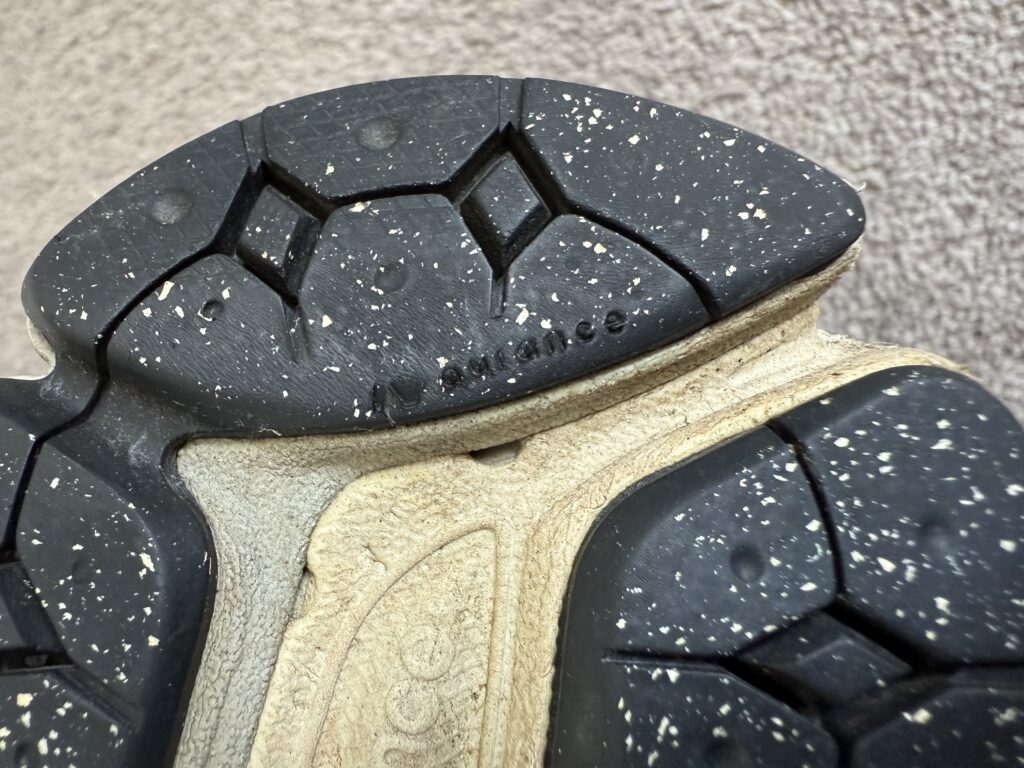
A tough, wear-resistant rubber that extends the life of the shoe.
Cushioning
The cushioning is more than enough.
The heel area absorbs impact really well, giving solid protection on landing.
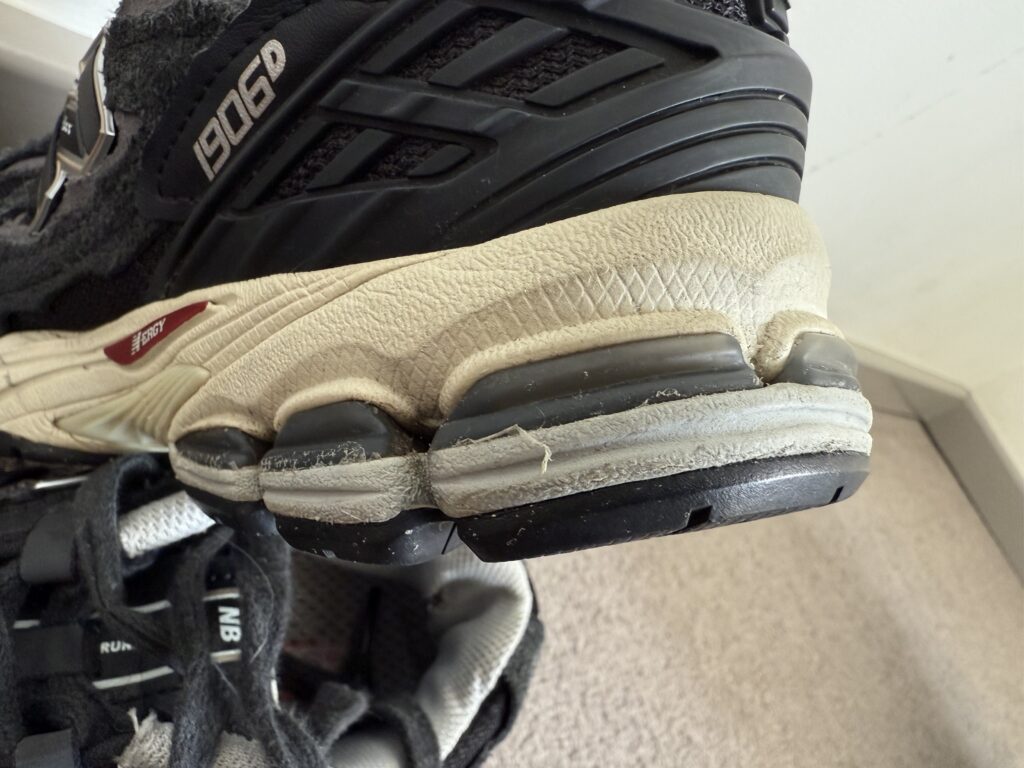
The forefoot, however, feels thinner, offering a stronger sense of contact with the ground.

This balance makes it easy to absorb shock with your heel and push off smoothly with your forefoot.
Responsiveness
The rebound is relatively low.
It feels more like a cushioning system focused on shock absorption rather than energy return. Because of that, it doesn’t convert landing impact into forward momentum, which can lead to fatigue during long walks.
In my experience, ABZORB performs best for long walks when paired with a more responsive cushioning. For example, the 990v3 with REVlite or the 990v6 with FuelCell strike a great balance between shock absorption and rebound.
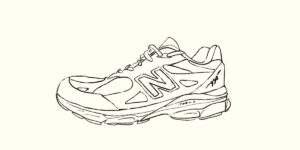
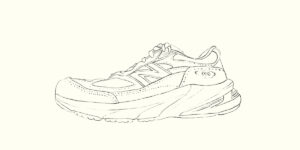
Stability
Very high — probably the best feature of this shoe.
The foot is firmly held in place with minimal movement inside the shoe. All the key features of the 1906 work together beautifully here.

Thanks to the N‑LOCK integrated into the upper, your foot feels completely locked in, almost like it becomes one with the shoe.
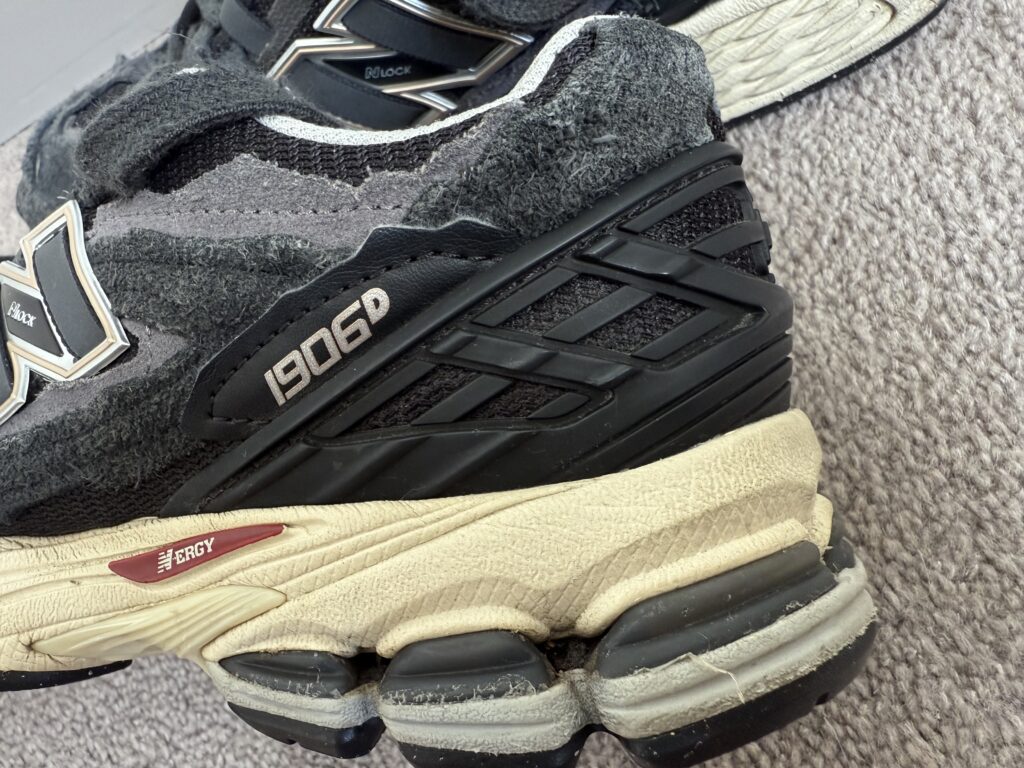
The plastic component at the heel is excellent as well, firmly holding your foot all the way to the back.
The secure fit lets you feel the softness of the cushioning directly without any wobble. Compared to the 2002R, which uses the same sole but feels less stable and allows the foot to shift, the 1906 successfully eliminates that weakness, making it much more comfortable for long wear.
The Downsides of the New Balance 1906
The main drawback is the lack of responsiveness — the same issue found in the 2002, which uses the same sole. The cushioning is fine if you’re just standing, but once you walk more than 10,000 steps, you’ll start to feel tired unless the shoe has higher rebound.
While the 1906 has added support features that make it easier to walk in than the 2002, the shared sole means this weakness hasn’t been fully solved.
Conclusion
Walking 20,000 steps might be tough, but around 15,000 is no problem at all.
And honestly, most people don’t walk that much anyway—so its performance is more than enough for everyday use.
The price point is also a big plus.
If you’re looking for something with even higher performance, you’d have to go for the U.S.-made 990v6 or 990v3.
But compared to those, the 1906 is much more affordable, making it an easy recommendation.
That said, its sporty, running-shoe look can make styling a bit tricky.
If you find it hard to match with outfits, it still works great as a running or gym shoe.
Thanks to its strong stability, it’s ideal for training—and comfortable enough for errands or short trips to and from the gym.
Thank you for reading until the end, That’s all for this review.
I also upload New Balance review videos on YouTube.
Sayonara

